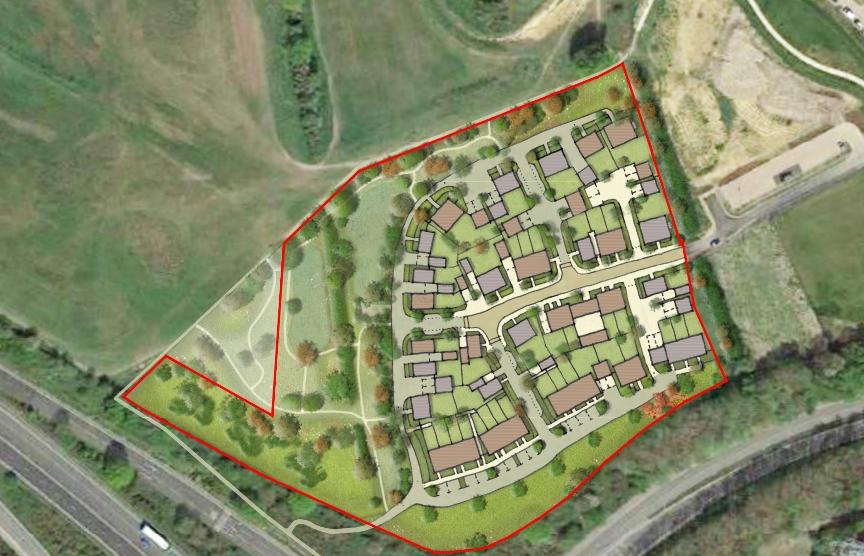Barracuda’s innovative, AI-enhanced solutions maximise protection and strengthen cyber resilience. Barracuda is headquartered out of California in the U.S. but proudly […]
This week, Wokingham council's planning committee will make a crucial decision regarding a 45-home development in Hurst. The proposal has sparked significant discussion and concern, particularly due to its perceived lack of benefits for the community.
The Proposed Development
The 45-home development in question is situated in Hurst, a quaint village that rests between the larger towns of Wokingham and Bracknell. The location's rural charm and close-knit community feel are seen by many residents as potentially jeopardized by the introduction of this new housing project.
Community Concerns

Source: https://www.bracknellnews.co.uk/news/24513925.45-home-development-hurst-decided-week/
Local residents and community groups have voiced strong opposition to the development, citing several critical issues. Chief among them is the assertion that the project offers 'no benefits for the community.' Many locals are worried that the influx of new residents will strain existing infrastructure, including roads, schools, and healthcare services, which are already under pressure.
Additionally, the development's opponents argue that the project fails to address the need for affordable housing, which is a pressing issue in many parts of the country. With property prices continuing to rise, the lack of affordable options is a significant concern for younger families and first-time buyers hoping to settle in the area.
Environmental Impact
Environmental considerations also play a crucial role in the debate. Hurst is known for its scenic landscapes and natural beauty, and there are fears that the proposed development could lead to the loss of green spaces and habitats for local wildlife. Opponents of the project have emphasized the importance of preserving these areas for future generations.
Council's Role
As the decision day approaches, all eyes are on Wokingham council's planning committee. The committee members face the challenging task of weighing the potential benefits of increased housing against the substantial concerns raised by the community. Their decision will not only impact the immediate future of Hurst but could also set a precedent for how similar projects are handled in the region going forward.
What Comes Next
Should the committee approve the development, it will be essential for developers to engage with the local community proactively. Addressing concerns about infrastructure, affordability, and environmental protection will be paramount to ensuring that any new housing integrates smoothly and sustainably into the fabric of Hurst.
Conversely, if the proposal is rejected, it may prompt a reevaluation of how future developments are planned and presented to the community, especially in areas where preservation and sustainability are key priorities.
Whatever the outcome, the decision on the 45-home development in Hurst stands as a significant testament to the complexities and challenges of modern urban planning in cherished rural settings.